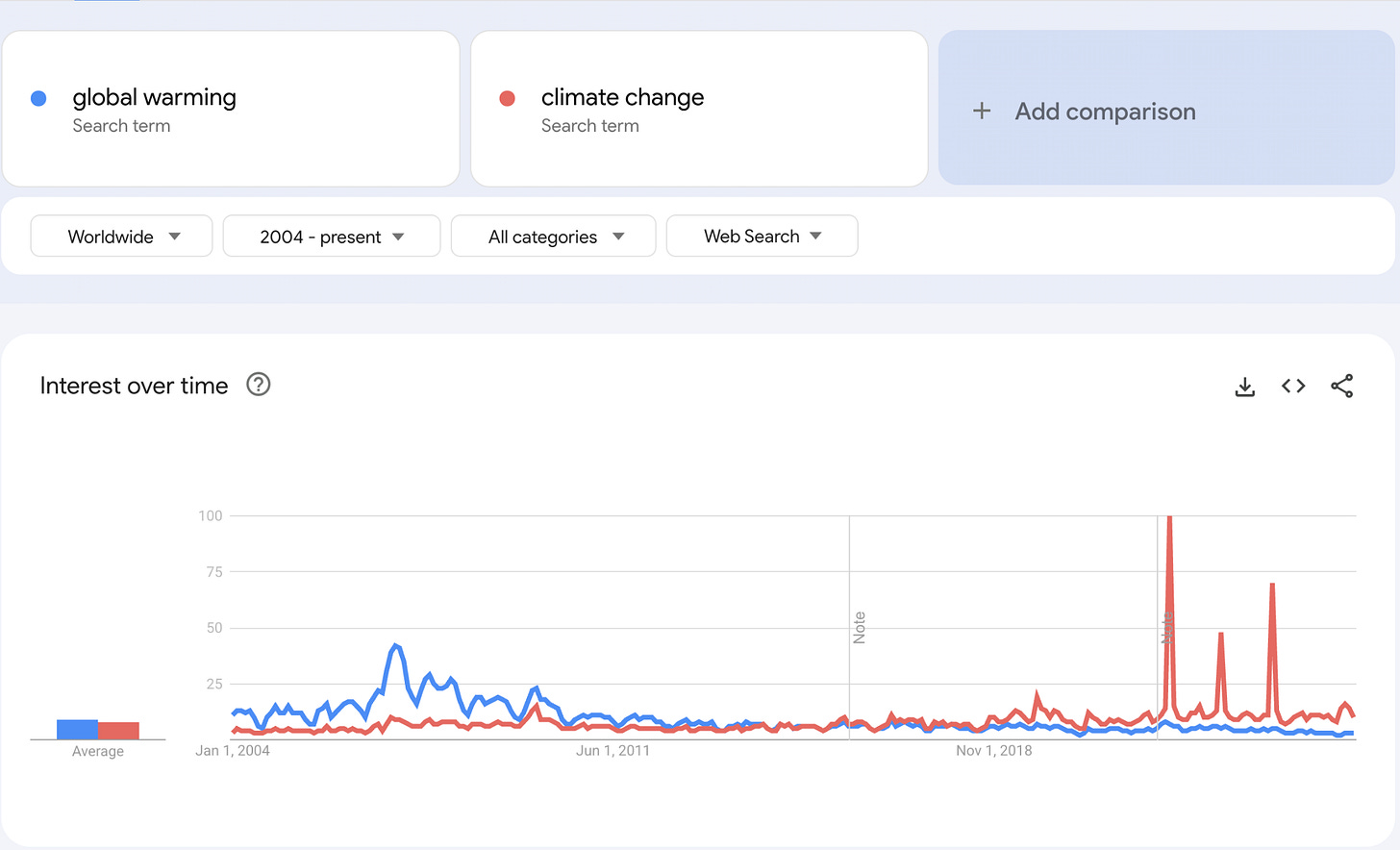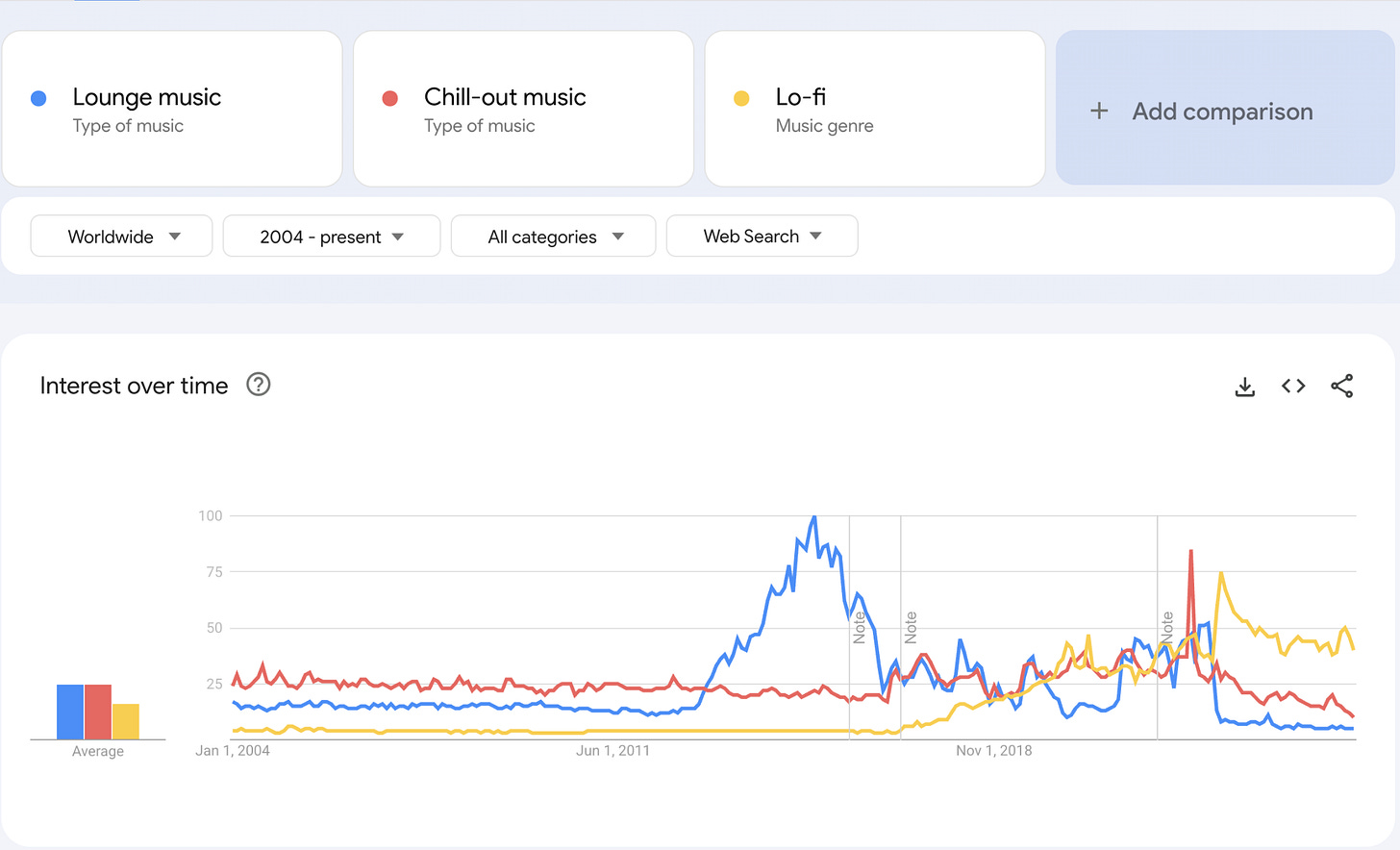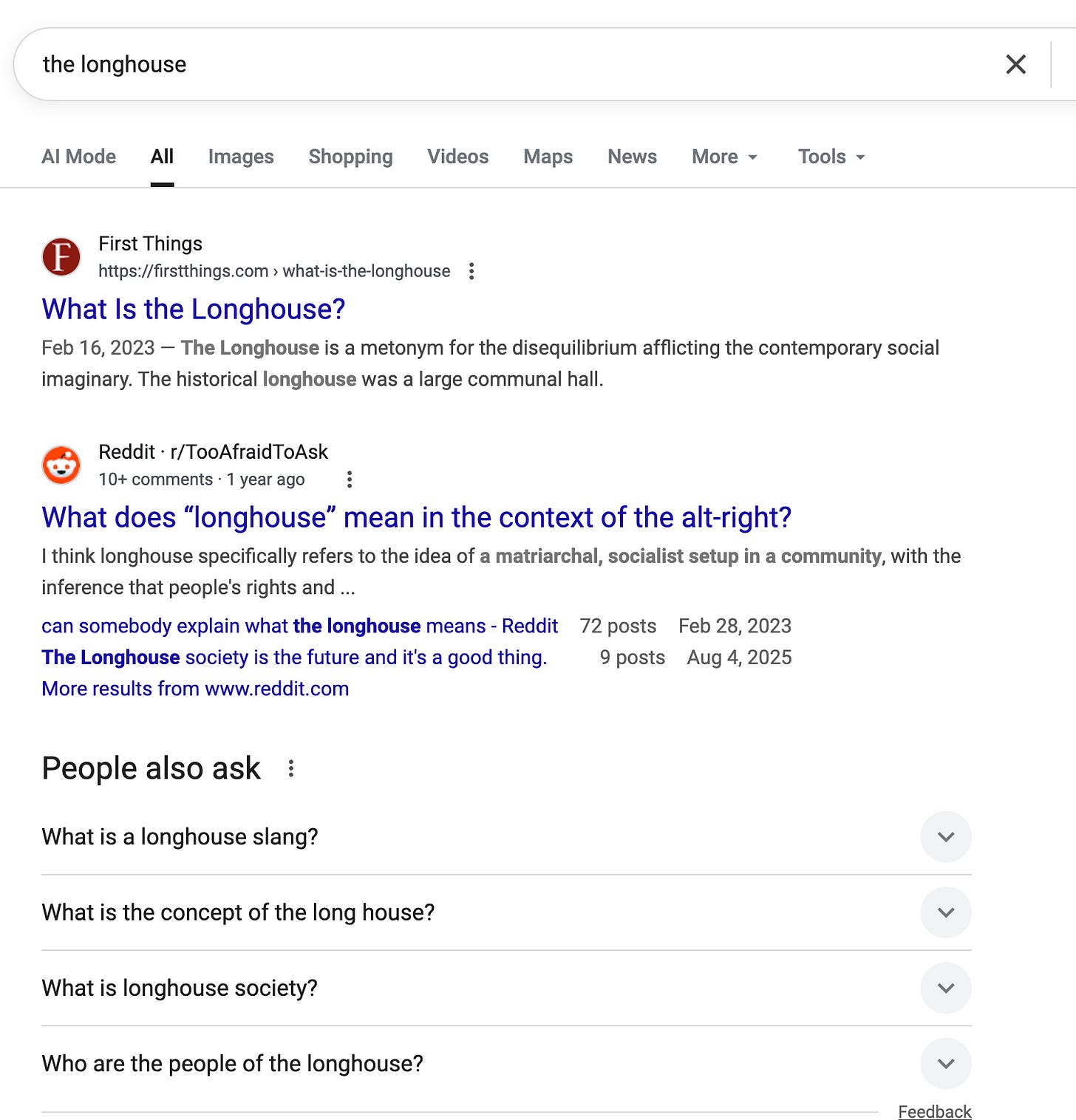What’s in a rename?
Believe it or not, also everything.
Let’s start with an exercise. I’m going to give you a list of words. I want you to read them and, as you do, to pay attention to your experience.
Ready? Here they are:
20 min
Twenty minutes
A third of an hour
One third of the clock's turn
1,200 secondsThat was easy enough. Now the question: Did reading those all feel the same? Because they mean the same.
The purpose of this short exercise is to illustrate a more general principle: different names cause different reactions to the same thing. I’ll say that again because that’s how big a deal I think it is: different names cause different reactions to the same thing.
It is from this general principle that renaming derives its power: both to make people react more positively to something and to make them react more negatively toward something else. Let’s look at the capacity to create more positive reactions in turn.
Renaming for +++ reactions
Renames can soothe, legitimise, even re-enchant. Here are some historical examples:
“Shell shock” → “Combat fatigue” → “PTSD” → “C-PTSD” — Each renaming reanimated attention and increasingly reframed from combatant moral weakness to neurological injury to chronic relational harm.
“Cybernetics” → “AI” → “Cognitive Science” → “Machine Learning” → “AI” — Through its various funding winters “AI” was renamed to keep the money spigots turning.
“Autism/ADHD/etc.” → “Neurodivergent” — The term pulled the frame away from medical pathologization and toward positive identification.
“Global Warming” → “Climate Change” — This rename broadened the scope and extended the issue’s shelf life once “warming” fatigue set in.
“Lounge music” → “Chill-out music” → “Lo-fi” — Turning background kitsch into ambient cool.
All of the above renewed and broadened interest in what they renamed. But renaming can also have the opposite effect: driving people away from what is renamed.
Renaming For --- reactions
Renames for negative reactions are what Scott Addams calls “linguistic kill-shots”. Donald Trump is a big fan. Just ask ”Low Energy Jeb Bush”, “Crooked Hillary”, “Lyin’ Ted”, “Little Marco”, “Pocahontas”, “Sleepy Joe”, “Cryin’ Chuck”, or “Crazy Bernie”.
But it’s not just Trump who’s engaging in this: he’s just particularly skilled at it. In fact, a lot of online discourse can be modelled as being no more than this. The coinages “Doomers” or “Jhanabros”—both of which we have just addressed —are an instance of this, but so are the “Woke Right” and “Longhouse” coinages and many, many others.
All of these are instances of attempting to rename something to cause the negative reactions of driving people away from associating with what is being renamed.
Note how these new coinages generate Google searches asking ‘what does this mean?’ - we’ll explore why that matters in the future.
Why Renaming matters
Because renaming changes how people react to things there’s an incentive to attempt it, either to make people more inclined toward or away from something.
Another way of saying this: names don’t just describe reality, they tilt it. Whoever controls what we call something controls how we feel about it. And that insight is why, as we’ll see, names are so fought over.



